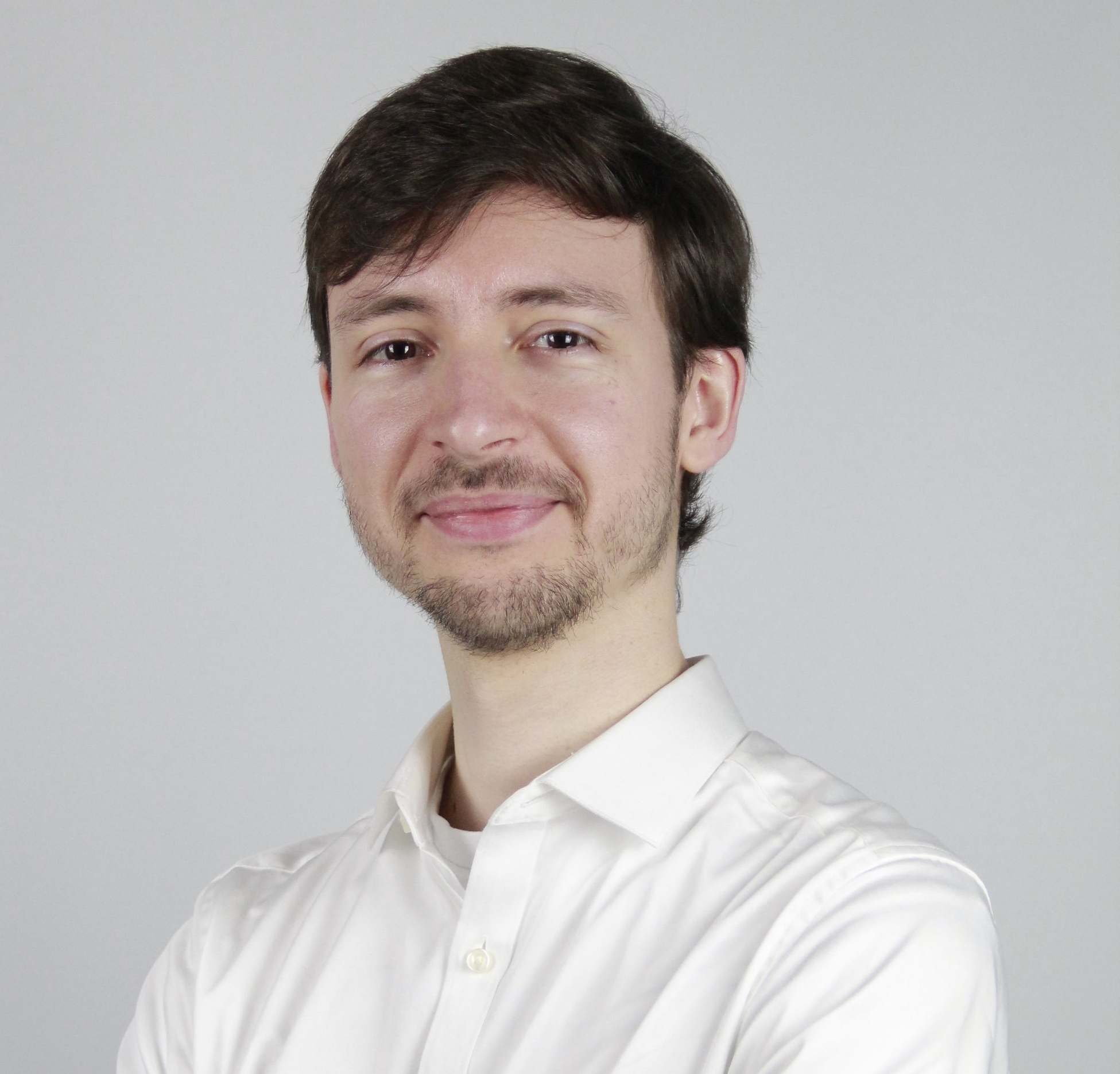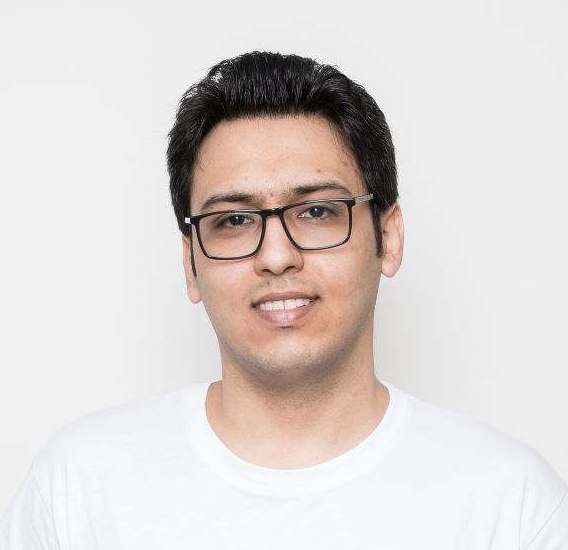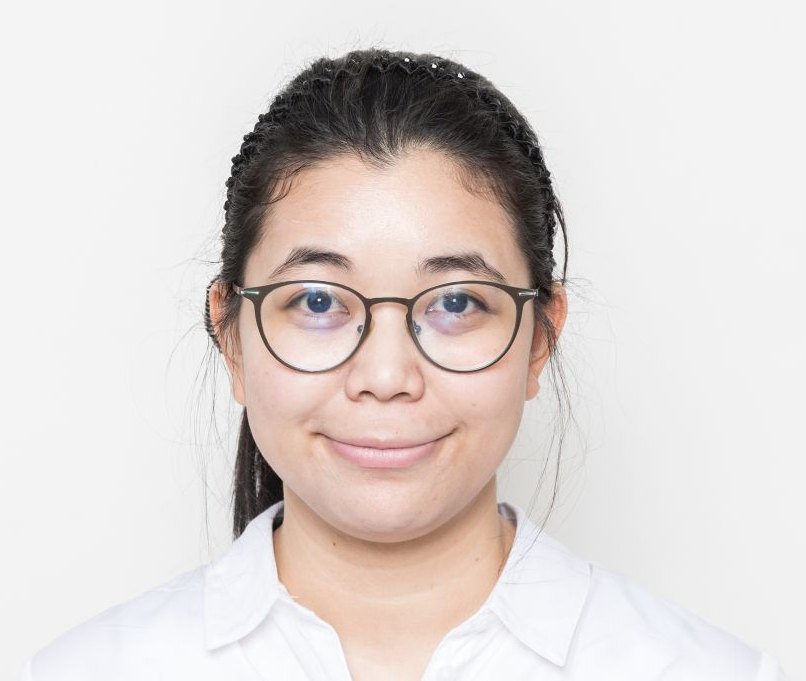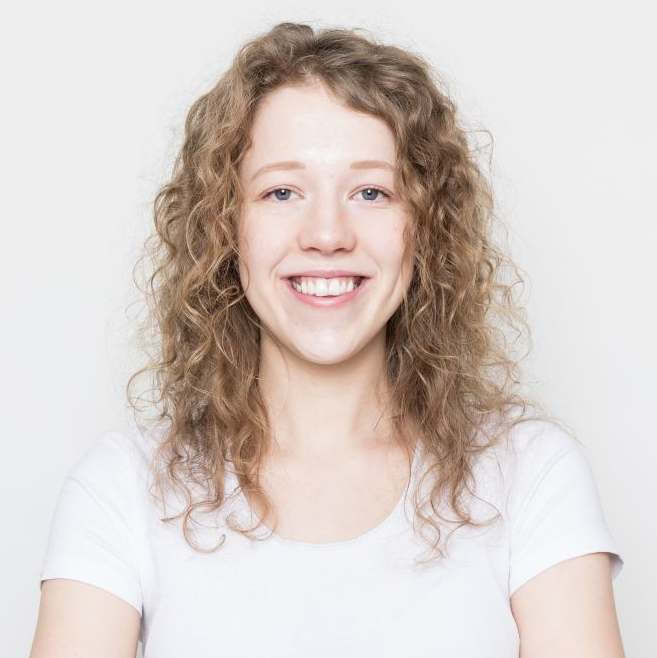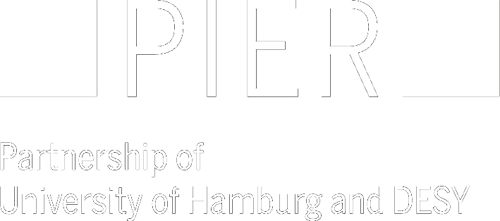“Great chance to gather experience with my own research project”: Interview with Dr. Annika Vauth
PORTRAIT | Interview / PIER Seed Projects / Postdoc / Research | 30 March 2022
Dr. Annika Vauth is a postdoctoral researcher in the group of Prof. Erika Garutti at the Institute of Experimental Physics of Universität Hamburg. In 2020, she successfully applied for seed funding with PIER. In an interview, she talked with us about her research idea, the difficulties of realizing a project in times of a pandemic, and how the experience as PI has helped her further development as a researcher.
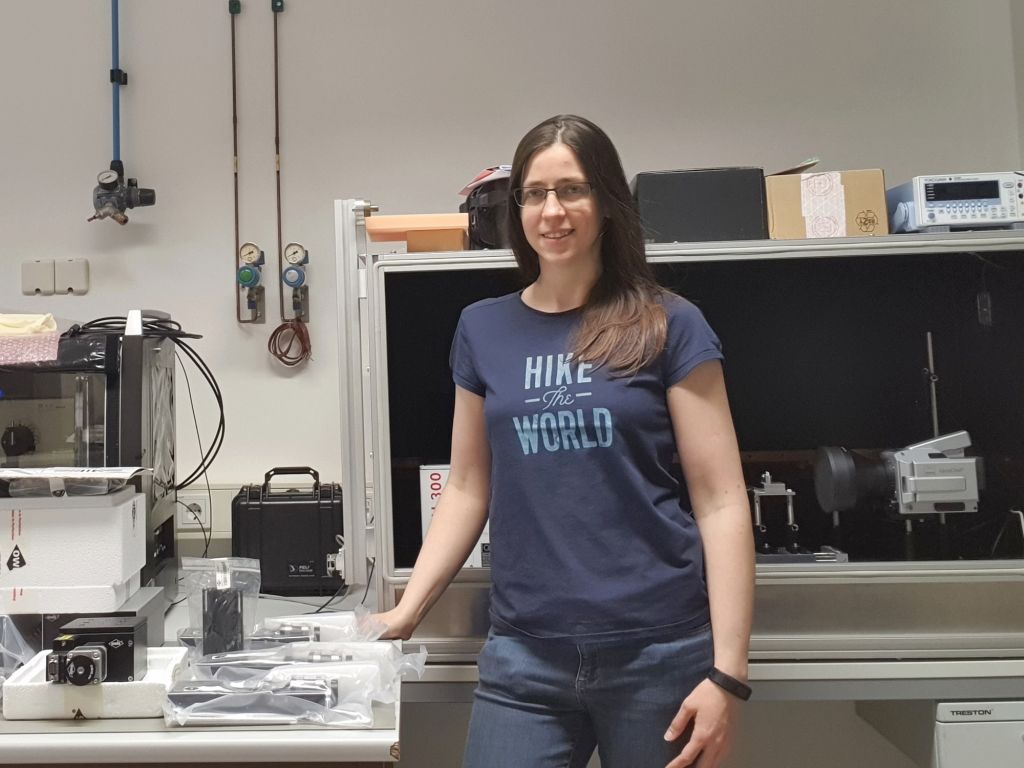
Annika, your proposal for a PIER Seed Project was approved in 2020. The title of your project was “Electro-optical imaging of the electric field in semiconductor detectors”. Could you briefly summarize what the aim of the project was?
The aim of the project was to look for a way of directly determining the electric fields in solid state detectors. The first idea was to use the Franz-Keldysh effect, which leads to a dependence of light absorption on the electric field. The objective of the project was to establish a method of using this effect to determine the electric field in radiation-damaged silicon detectors.
One of the main goals of PIER Seed Projects is to strengthen research collaboration between DESY and Universität Hamburg scientists. In which way did your project contribute to this goal? And who were your research partners on both sides?
The research partners on both sides were from the X-ray detector group at DESY (Heinz Graafsma) and the Detector Laboratory of the Hamburg university institute of Experimental Physics (Erika Garutti). We identified joint interests in detector/readout development beyond this project, and participated together in a funding application for the BMBF “Röntgen-Angström Cluster 2021” call.
The funding period of your project started in August 2020 and ended in July 2021 which means that you had to carry out your research at the height of the COVID-19 pandemic. Was your project in any way affected by the pandemic? If so, how did you handle these additional challenges?
The project was strongly affected, unfortunately. There were multiple months of lock-down during which in-person meetings and lab measurements were not possible, and afterwards the delivery of some crucial hardware was further delayed, with the last components only arriving after the official funding period. In the meantime, we arranged the use of a spectro-photometer at the Institute for Laser Physics and were able to investigate the band gap and optical absorption in our irradiated samples. We are still working on finalizing the project setup for the electric field studies.
Could you highlight some of the results of your research?
In the measurements performed until now, we could show that within the experimental uncertainties of about 1 meV neither the band-gap energy nor the energy of transverse optical phonons change for silicon samples irradiated up to a fluence of 10^17 cm−2 neutron equivalent.
Have any publications come out of the project so far?
We published a description and simulations of the proposed method in Nucl.Instrum.Meth.A. A publication of the results of the band gap studies is closed to being finalized and will be submitted soon. The electric field studies will hopefully lead to another publication.
Will there be any further joint research activities with your project partners as a follow-up to the seed project?
We wrote a proposal for another joint project, for the use of low-gain avalanche diodes, a detector type currently studied by the Hamburg university group, for X-ray imaging. While that proposal was not accepted, future collaborations on joint research interests are quite possible.
Based on your experience with the program, what would you say are the main advantages of the PIER seed funding for (early-career) scientists? Would you recommend the program to fellow researchers?
Of course I would recommend the program: for me, it was a great chance to gather experience with my own research project from acquiring funding to planning/purchasing the equipment. Due to the many delays caused by the pandemic, our project is still not finalized, but we already have one published paper on the topic, another one about to be submitted, and will hopefully follow up with another one once the planned measurements are completed. What I also liked a lot was that the project allowed me to work on a topic that has a different focus (“more optics/solid state physics” than particle physics) than my usual work, and gain new knowledge along the way.
Thank you for your time! We wish you much success for the finalization of your project and all the best for your future academic career!
Interested in more information on PIER Seed Projects? Visit our website to learn more about the program or look at the abstracts of recently or currently funded PIER Seed Projects.
